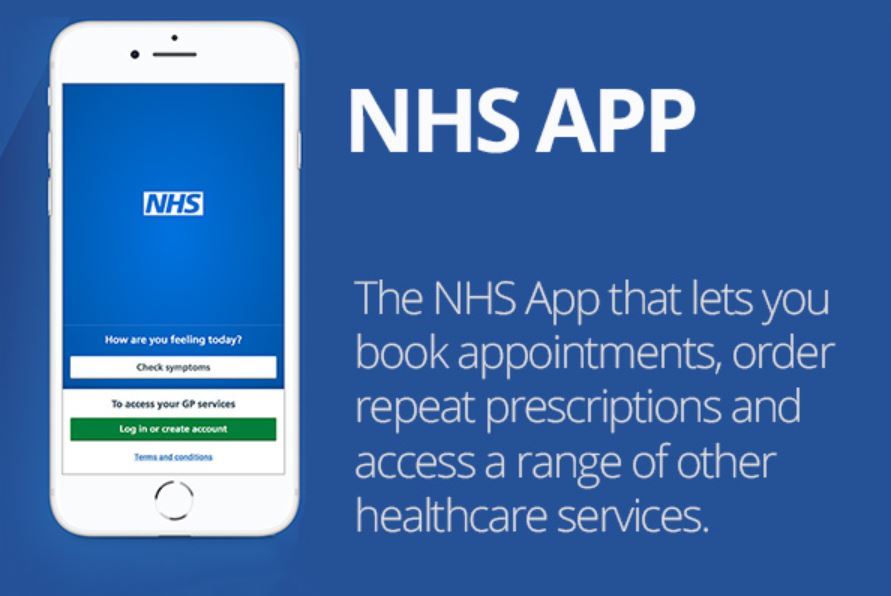When using the App, you will get a notification to say your script is being processed. Please still allow 3-5 working days for us to process.
Order Online
Prescription Fees
Help with NHS costs
In England, around 90% of prescription items are dispensed free. This includes exemptions from charging for those on low incomes, such as:
- those on specific benefits or through the NHS Low Income Scheme
- those who are age exempt
- those with certain medical conditions
- More information is available at NHS Choices
NHS Charges
These charges apply in England only. In Northern Ireland, Scotland and Wales prescriptions are free of charge.
- Prescription (per item): £9.65
- 12-month prepayment certificate (PPC): £111.60
- 3-month PPC: £31.25
If you will have to pay for four or more prescription items in three months or more than 14 items in 12 months, you may find it cheaper to buy a PPC.
- Telephone advice and order line 0845 850 0030
- General Public - Buy or Renew a PPC On-line
There is further information about prescription exemptions and fees on the NHS website.
Sedative Prescribing for Fear of Flying / Procedures
John Tasker House does NOT prescribe sedatives for fear of flying or medical procedures under specialist care.
This policy decision has been made by the GP Partners and is adhered to by all prescribers working in the practice. The reasons for this can be found below:
- Diazepam is a sedative, which means it makes you sleepy and more relaxed. If there is an emergency during the flight it may impair your ability to concentrate, follow instructions and react to the situation. This could have serious safety consequences for you and those around you.
- Sedative drugs can make you fall asleep, however when you do sleep it is an unnatural non-REM sleep. This means you won’t move around as much as during natural sleep. This can cause you to be at increased risk of developing a blood clot in the leg or even the lung. Blood clots are very dangerous and can even prove fatal. This risk is even greater if your flight is greater than four hours.
- Whilst most people find benzodiazepines like diazepam sedating, a small number have agitation and aggression. They can also cause disinhibition and lead you to behave in a way that you would not normally. This could impact on your safety as well as that of other passengers.
- According to the prescribing guidelines clinicians follow (BNF) Benzodiazepines are contraindicated (not allowed) in phobia. Your clinician is taking a significant legal risk by prescribing against these guidelines. They are only licensed short term for a crisis in generalised anxiety. If this is the case, you should be getting proper care and support for your mental health and not going on a flight.
- Diazepam and similar drugs are illegal in several countries. They may be confiscated, or you may find yourself in trouble with the police.
- Diazepam stays in your system for quite a while. If your job requires you to submit to random drug testing, you may fail this having taken diazepam.
- For any medical procedures such as an MRI, CT scan on dental procedures, this should be discussed with your specialist. They will make an informed clinical decision on the risks and benefits in prescribing this to you, for the purpose of the procedure.
- We appreciate that fear of flying is very real and very frightening. A much better approach is to tackle this properly with a Fear of Flying course run by the airlines and we have listed a number of these below.
- It is important to tell your travel insurer about your medical conditions and medications you take. If not, there is a risk of your insurer not paying if you try to make a claim.
Easy Jet www.fearlessflyer.easyjet.com Tel 0203 8131644
British Airways www.flyingwithconfidence.com Tel 01252 793250
Virgin www.flyingwithoutfear.co.uk Tel 01423 714900


